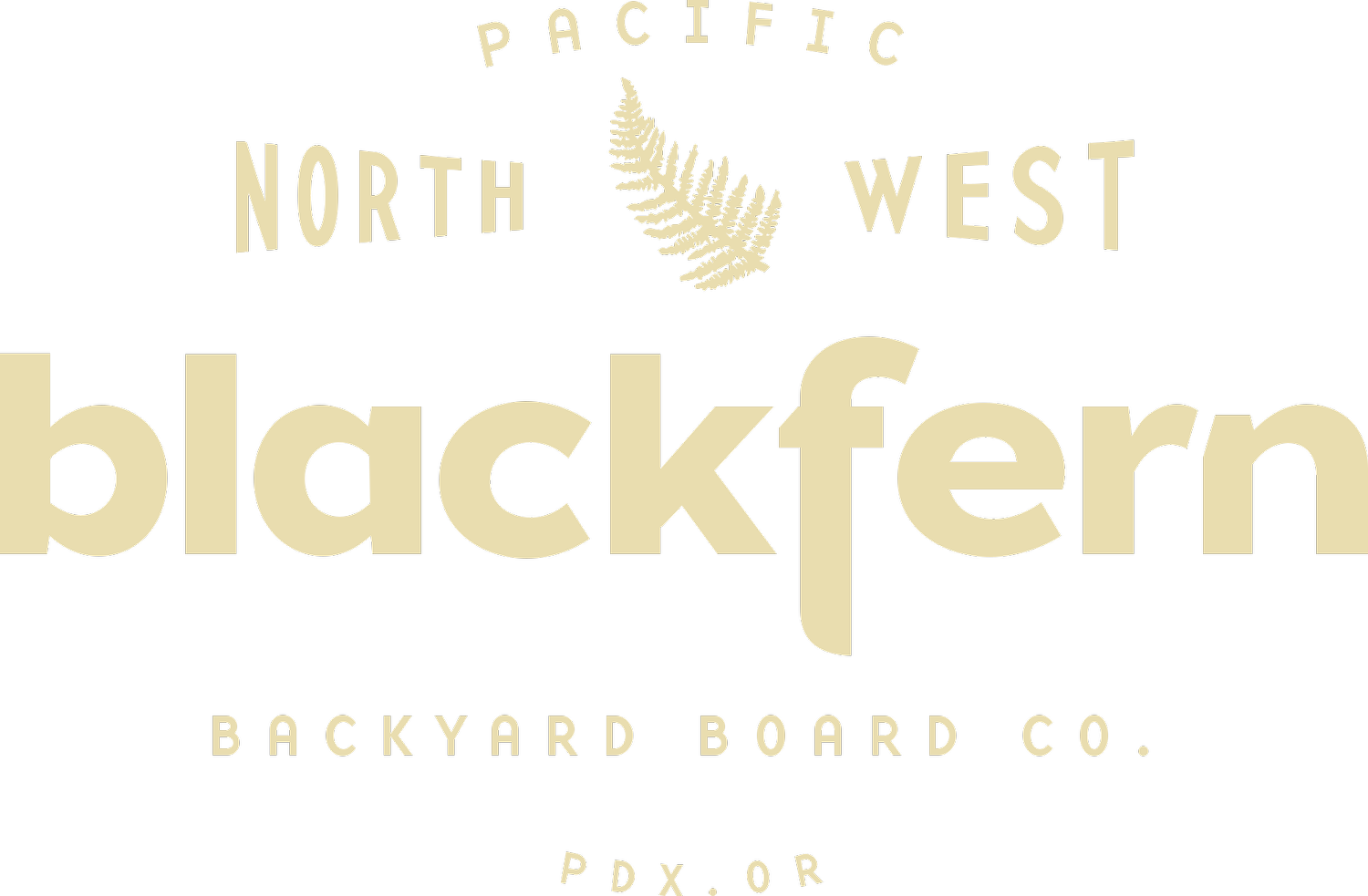There are two elephants in the room for the surfboard manufacturing industry:
Firstly, the raw ingredients required to build traditional surfboards are derived from fossil fuels and thus possess all the familiar negative environmental downsides of hydrocarbon extraction and usage.
Secondly, manufacturing surfboards is dirty work that exposes workers to carcinogenic chemicals that potentially cause long term health problems. In addition, to some degree, these same chemicals work their way into the environment through waste products from the board building process. We know that these risks exist yet the joys of the board building process and the uncertainty about the specific future consequences help us to set them aside and focus on the craft we love.
How is it possible to make a more environmentally responsible board that reduces the impact on the environment as well as the individuals who make it?
Simply put, use better materials. While the industry as a whole still has a long way to go to making a true "ecoboard," by using materials that are substantially better than the norm, we are striving to move in the right direction and send a message to the materials supply chain that this is the future of the industry. You can support this effort by asking for an Eco upgrade that will reduce the environmental footprint of your board and, importantly, continue to push materials innovation in the right direction.
Sounds like a sensible thing to do, yeah? Well let's talk about what our eco boards are. Blackfern has signed on to the ecoboard project, which is a collaborative network of surfboard builders that strives to promote the Eco agenda. This is done by recognizing and certifying the use of eco materials, quantifying the impact that these choices are having, and sending a strong message to the industry that consumers are on board. Blackfern's Ecoboards adhere to the following criteria:
We use Entropy resin, a bio-based epoxy that sets the standard for quality and reduced environmental footprint. As an added bonus, Entropy produces a stronger end-product than polyester resin does, yielding a longer lasting board. For our cores we use Marko's Enviro-Foam that features 25% recycled EPS content. Finally, we remove plastic fin boxes with glassed-on wooden fins and swap out the leash plugs with a old-school fiberglass leash tie. Any of our models can be upgraded to ECO status. We offer three different levels:
Level One: Entropy Resin
$Free for all boards!
Retain the feel of a traditional surfboard but make a dramatic improvement in terms of environmental impact and worker safety. In addition, enjoy the strongest, longest lasting board you've ever owned.
Gold Level: Entropy Resin + Marko Core
$50
The board itself is as environmentally friendly as possible with the exception of plastic components; fin boxes, fins, and leash plug. Experience the added buoyancy of an EPS core; enjoy a lighter, super responsive surfboard that will outlast traditional surfboards
The Works: Entropy Resin + Marko Core + Wooden Fins + Fiberglass Leash Tie $125
The next level of sustainability- environmentally friendly materials and wooden components. This upgrade makes a board that is nearly plastic free and sends a strong message that sustainable materials are the way forward! The EPS Enviro-Foam core produces a lighter, higher-buoyancy board and the Entropy resin makes it strong and long lasting.








